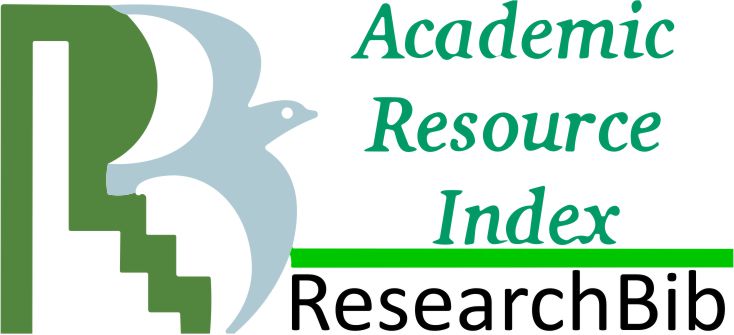DOI
10.21002/jaki.2013.02
Abstract
Financial statement fraud has cost market participants, including investors, employees, creditors, and pensioners. Capital market participants expect active and vigilant corporate governance to ensure the quality, integrity, and transparency of financial information. Financial statement fraud is a serious threat to market participants’ confidence in published audited financial statements. Financial statement fraud has recently received considerable attention from the business community, accounting profession, academicians, and regulators. This paper sheds light on the factors that may increase the likelihood of financial statement fraud. This study empirically tests the impact of board of commissioners and audit committee effectiveness, ownership structure, bank monitoring, and the firm life cycle on the probability of accounting fraud. Hypothesis testing was carried out by using logistic regression model using fraud data from BAPEPAM-LK (Indonesia Stock Exchange Supervisory Agency) during the years of 2005-2011. The result of this study indicates that the audit committee effectiveness and controlled family ownership reduce the fraud probability. However, the effectiveness of board commissioners, foreign ownership, bank monitoring, and the firm life cycle do not have any effect on fraud probability.
Recommended Citation
Kusumawati, Synthia Madya and Hermawan, Ancella A.
(2013)
"THE INFLUENCE OF BOARD OF COMMISSIONERS AND AUDIT COMMITTEE EFFECTIVENESS, OWNERSHIP STRUCTURE, BANK MONITORING, AND FIRM LIFE CYCLE ON ACCOUNTING FRAUD,"
Jurnal Akuntansi dan Keuangan Indonesia: Vol. 10:
No.
1, Article 2.
DOI: 10.21002/jaki.2013.02
Available at:
https://scholarhub.ui.ac.id/jaki/vol10/iss1/2












